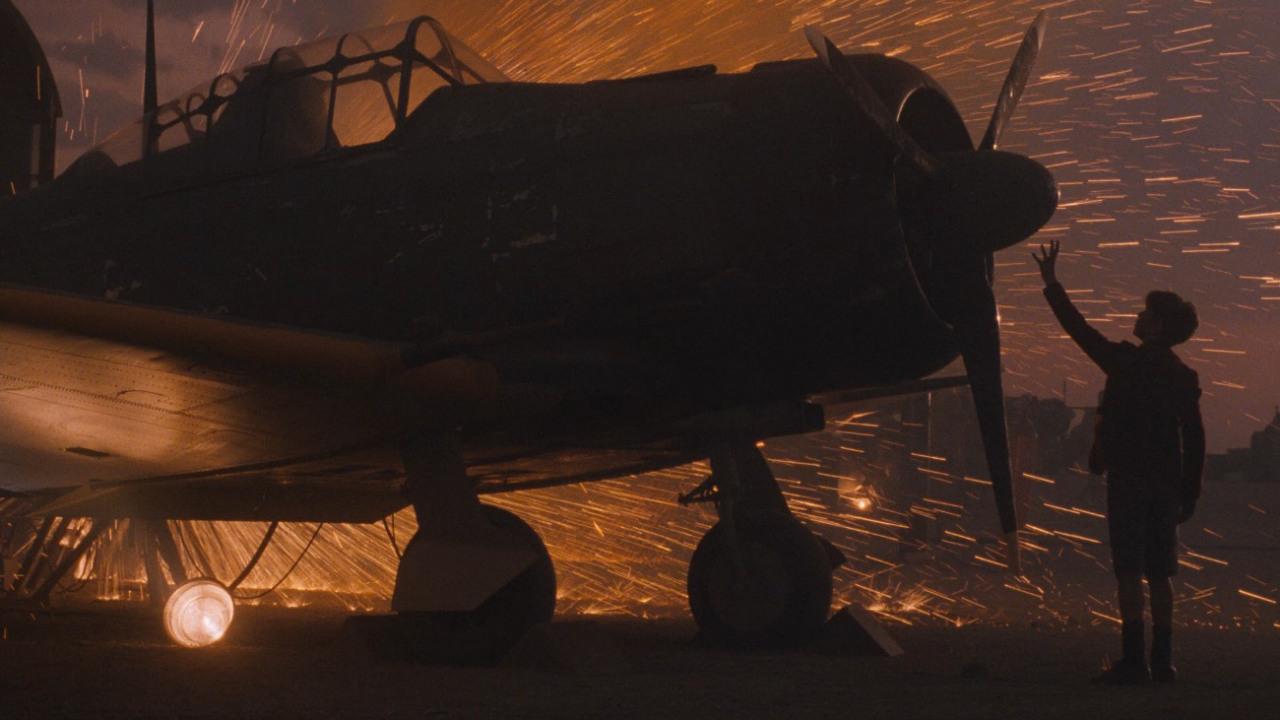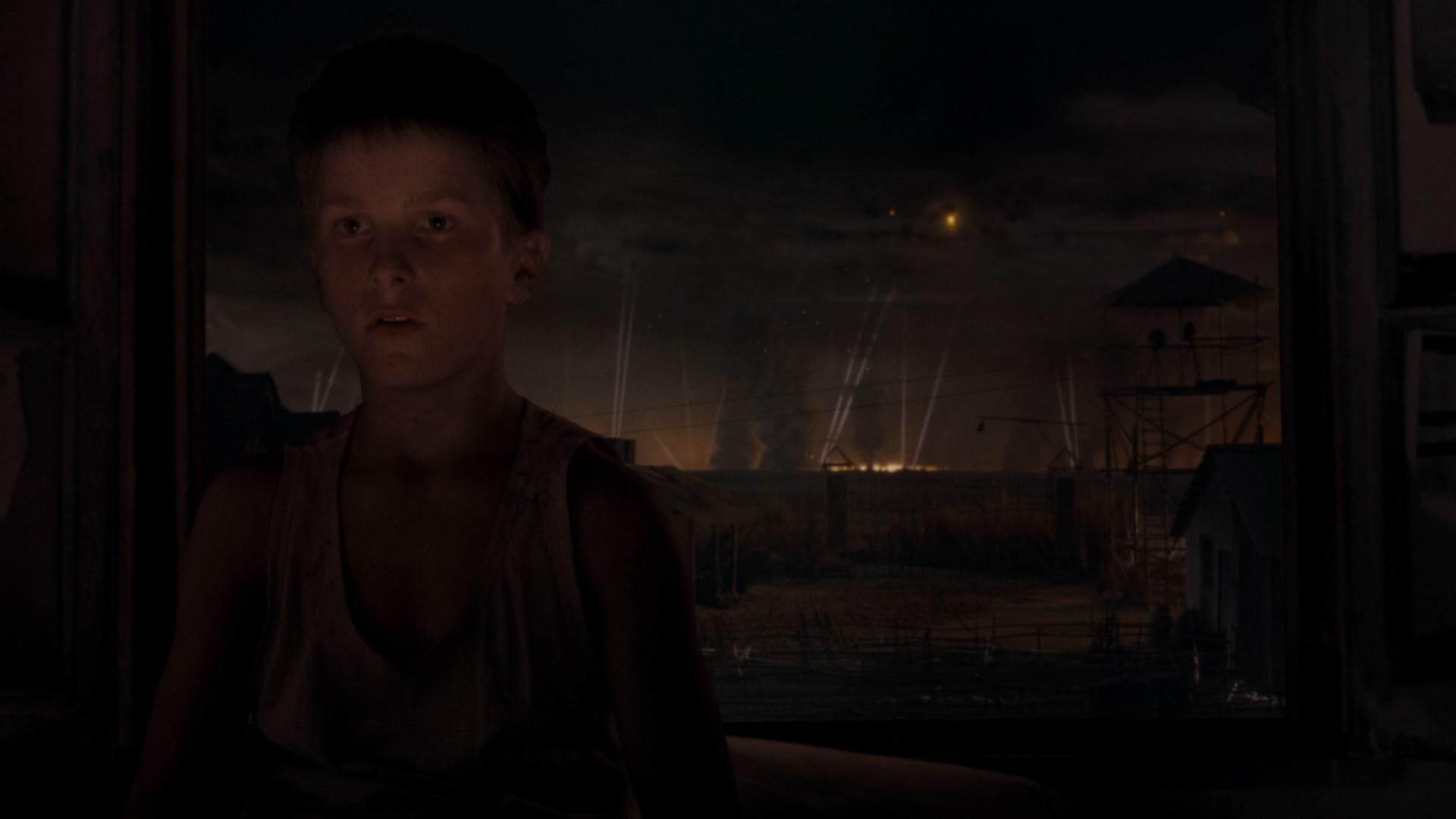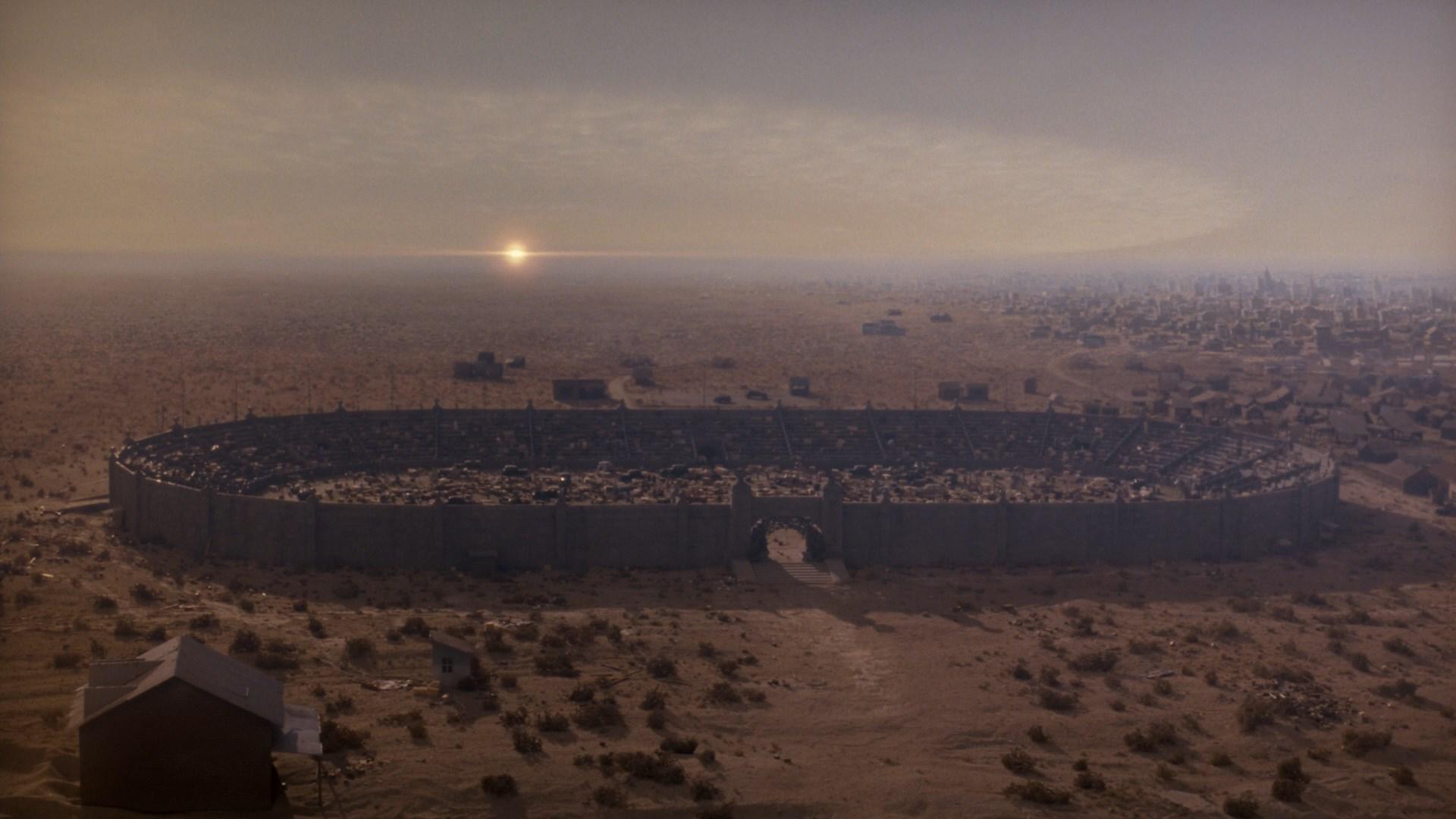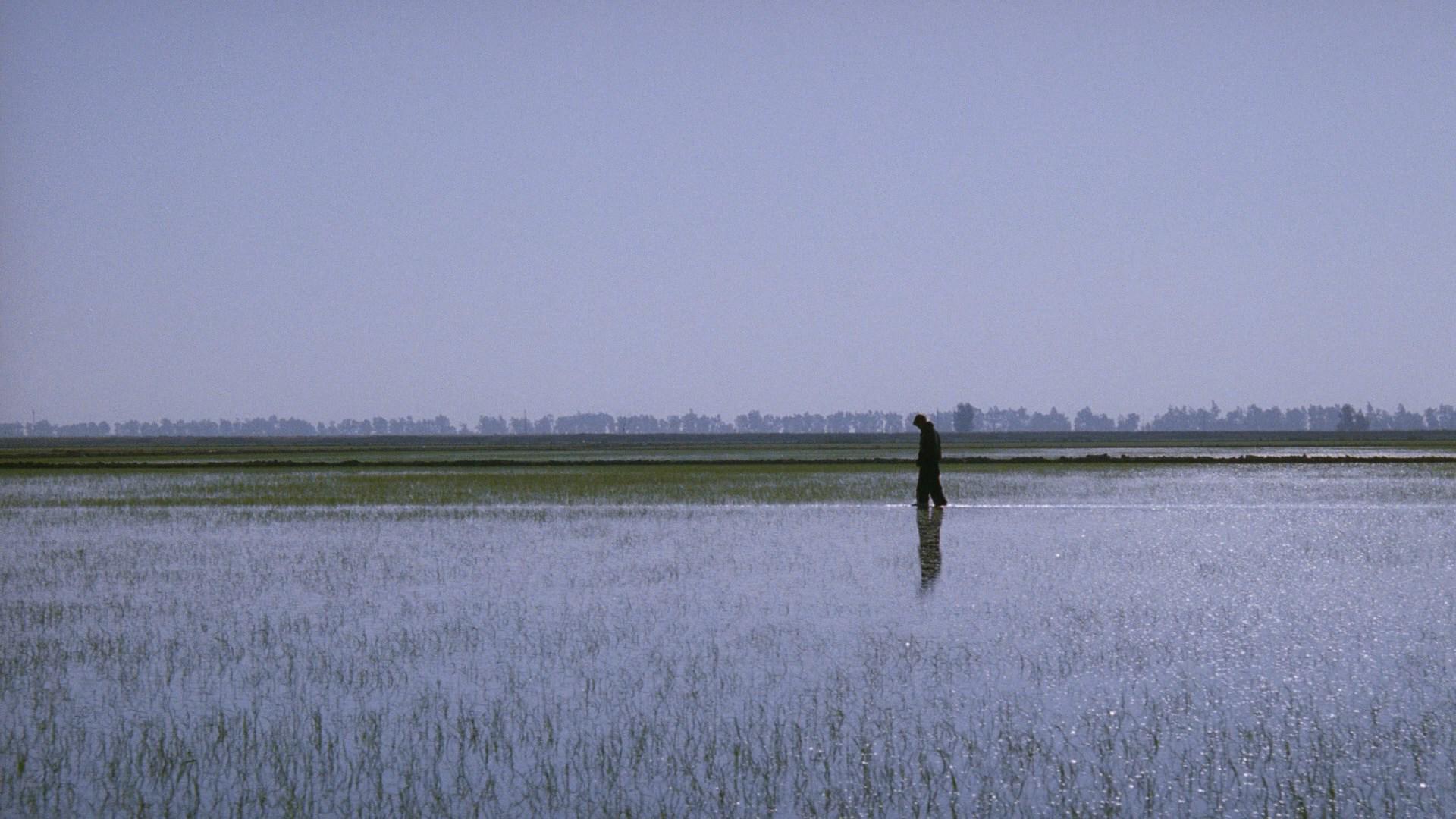Thought I'd do this separate to the Giovanni's Island post.
VJ-Day
Today marks the 75th anniversary of the end of the Second World War (at least for Australia, Canada, Netherlands, New Zealand, North Korea, South Korea, United Kingdom and Japan itself, America uses the 2nd of September when the surrender document was signed) when the Japanese Emperor Hirohito announced the
surrender of the country to his subjects.
Events Between the Bombs and the Final Surrender
After the Nagasaki bomb was dropped President Trueman issued a statement suggesting that the US would continue to drop atomic bombs unless Japan surrendered.
New intelligence from a POW suggested that America had 100 bombs ready to go (this was a lie told under threat of being beheaded! In reality only one was ready for another August bombing, possibly over Sapporo, and another one in September) Dispite this the cabinet were split as to whether to continue or surrender.
Just before midnight an Imperial Conference was held (a cabinet meeting in the presence of the Emperor). After 2 hours there was still a stalemate, so Kantarō Suzuki (Prime Minister) addressed Hirohito who preceded to declare that Japan should surrender.
Later that morning (10th August) the Japanese sent telegrams via Switzerland accepting the Potsdam Declaration, but not to any terms that would see the lose of power of the Emperor.
On the 12th the allies responded to the qualified surrender of the Japanese. Part of the statement said that "the ultimate form of government of Japan shall be established by the freely expressed will of the Japanese people". This was approved by the British, Chinese, and Soviet governments, although the Soviets agreed only reluctantly (I'll expand on this in the Giovanni's Island post).
This response was met with a mixed reception by the cabinet with some still not accepting the terms, mainly the lack of clarification of what would happen to Imperial Sovereignty. But others argued that it was the Emperor's will that they had to agree and that they wouldn't get an better terms.
The debate continued for another 2 days and the allies grew doubtful as to whether Japan were going to accept. Meanwhile coded messages from Japan, diplomatic and military traffic increased giving the impression that a possible final "all out banzai attack" was being planned.
After the initial telegram Trueman ordered that no more nuclear bombs would be dropped. He did allow other bombings, but a mix up meant the News Correspondents reported that there was a ceasefire in operation when bad weather halted bombing on the 11th. Trueman had then ordered no more bombing while the allies waited for the final surrender, but on the 14th they resumed with the largest and longest raid so far in the war, which actually continued beyond the final surrender!
The Emperor met with the top brass of the Army and Navy. Some were in favour of continuing, but Field Marshal Shunroku Hata, who was in charge of the Army division headquartered in Hiroshima, did not. The Emperor then asked his military leaders to cooperate with him.
The cabinet met with the Emperor again, where again he stated that Japan would surrender. This was then conveyed to the allies via Switzerland again and reached Washington at 2:49am (3:49pm Japan Time)
The script for the Emperor's speech was finalised by 7pm and around 11pm was recorded on a gramaphone record with the help of NHK. The record was then given to court chamberlain Yoshihiro Tokugawa, who hid it in a locker in the office of Empress Kōjun's secretary.
Members of the Imperial family were dispatched to various places on the main Asian continent to personally inform the Japanese Army and Navy that the fighting was to stop.
Whilst the deliberations were ongoing Major Kenji Hatanaka, along with a handful of others started planning a
military coup. On the night of the 14th, he persuaded a commander of the Imperial Guard that some of the high chiefs were on his side. This was not the case as he was turned away when asking for support from the ones he approached, also in the meantime they had signed an agreement that "The Army will act in accordance with the Imperial Decision to the last."
In the early hours of the 15th Hatanaka and the men he had persuaded surrounded the Palace. He then went to try and persuade another commander of the Imperial Guards to join him, when he refused Hatanaka killed him. He then used the commanders seal to falsify orders to increase the number of soldiers around the Palace.
Hatanaka and his men then spent the night searching for various important people so he could find the recording of the surrender and others were sent to assassinate key figures. Both of these failed and by the morning the coup was over and Hatanaka had killed himself.
At 12 noon on the 15th of August the recording of the Emperor was broadcast to the country (as depicted in In This Corner of the World):
After pondering deeply the general trends of the world and the actual conditions obtaining in Our Empire today, We have decided to effect a settlement of the present situation by resorting to an extraordinary measure.
We have ordered Our Government to communicate to the Governments of the United States, Great Britain, China and the Soviet Union that Our Empire accepts the provisions of their Joint Declaration.
To strive for the common prosperity and happiness of all nations as well as the security and well-being of Our subjects is the solemn obligation which has been handed down by Our Imperial Ancestors and which lies close to Our heart.
Indeed, We declared war on America and Britain out of Our sincere desire to ensure Japan's self-preservation and the stabilization of East Asia, it being far from Our thought either to infringe upon the sovereignty of other nations or to embark upon territorial aggrandizement.
But now the war has lasted for nearly four years. Despite the best that has been done by everyone—the gallant fighting of the military and naval forces, the diligence and assiduity of Our servants of the State, and the devoted service of Our one hundred million people—the war situation has developed not necessarily to Japan's advantage, while the general trends of the world have all turned against her interest.
Moreover, the enemy has begun to employ a new and most cruel bomb, the power of which to do damage is, indeed, incalculable, taking the toll of many innocent lives. Should we continue to fight, not only would it result in an ultimate collapse and obliteration of the Japanese nation, but also it would lead to the total extinction of human civilization.
Such being the case, how are We to save the millions of Our subjects, or to atone Ourselves before the hallowed spirits of Our Imperial Ancestors? This is the reason why We have ordered the acceptance of the provisions of the Joint Declaration of the Powers...
The hardships and sufferings to which Our nation is to be subjected hereafter will be certainly great. We are keenly aware of the inmost feelings of all of you, Our subjects. However, it is according to the dictates of time and fate that We have resolved to pave the way for a grand peace for all the generations to come by enduring the unendurable and suffering what is unsufferable.
Fighting continued with the Chinese and Soviets until the ceasefire and surrender could be finally organised. The final air combat between the Japanese and Americans took place on the 18th.
And the Soviet Union continued into September as they took the Kuril Islands (see the Giovanni's Island post).
This took a while, so whilst I will watch Giovanni's Island today my post on it may be tomorrow, depending on how long the history bit takes me.





